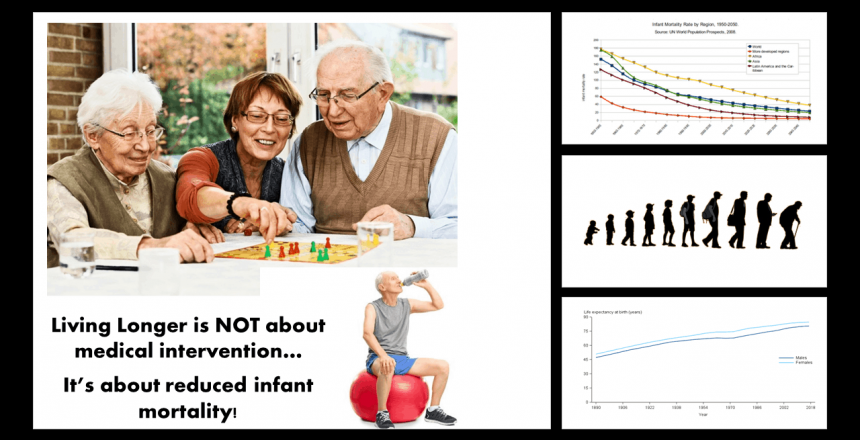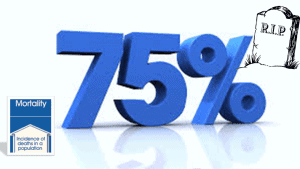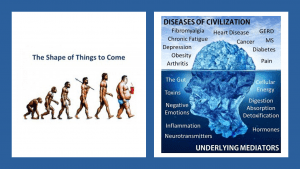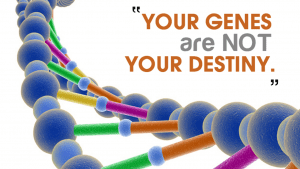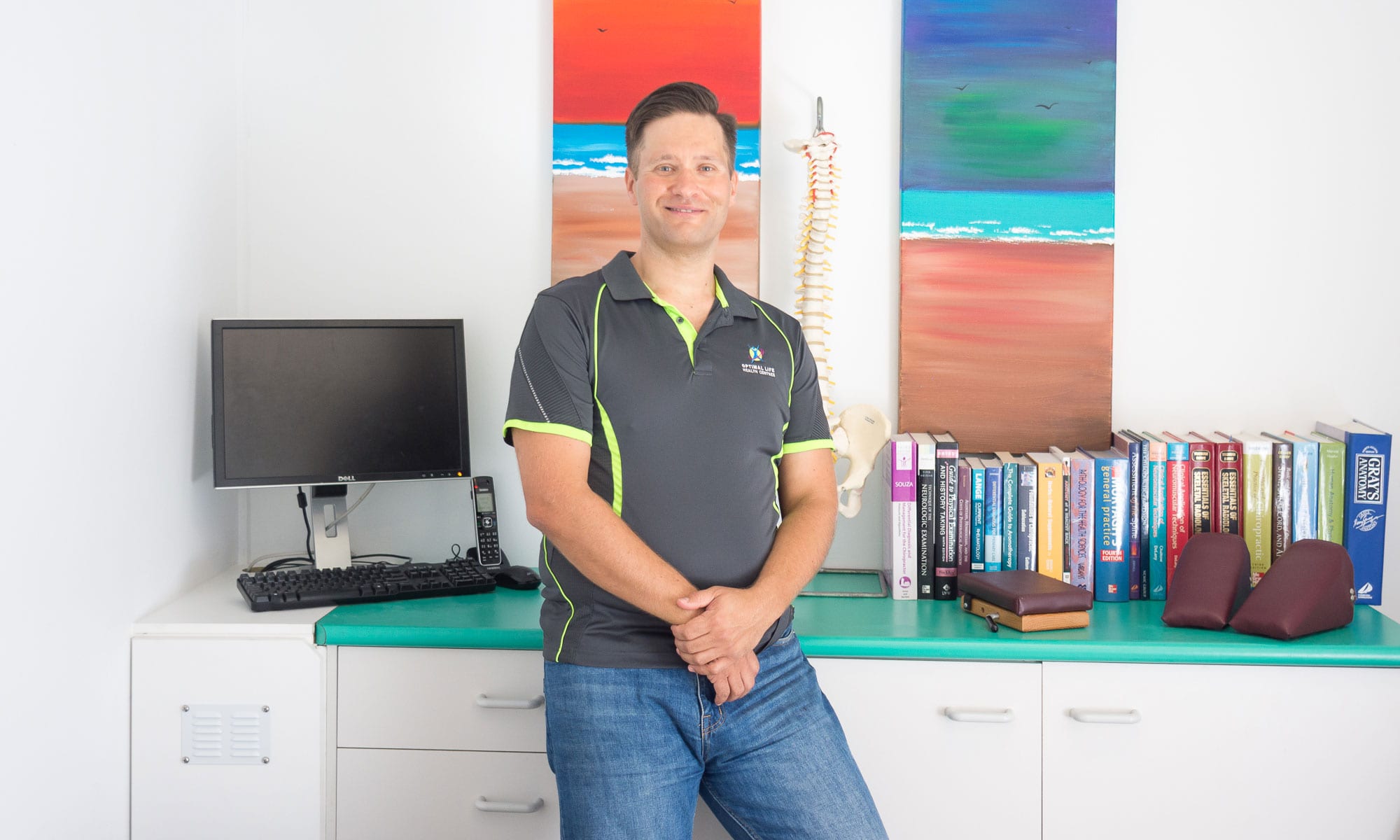It is a common belief in our society that as our average life expectancy has gone up across our wider population, that we are living longer, better lives as individuals; this has produced a myth that says we are living longer because we have better illness protection or “health” interventions keeping us alive.
This assumption is common – that the result of, or the influence of modern medicine and its interventions toward health in our lives – interventions like antibiotics and emergency surgeries are what keep people alive and therefore extend their life.
It is certainly true that many more people are living longer and that one of the fastest growing ‘segments’ of the population are those living beyond 100 years.
This feeds the idea above, however if you unpack the details around this myth we see the reality is quite different.
The myth of life expectancy has crept into our wider society’s consciousness and leads people to accept apparent benefits without truly critically appraising whether they are valid conclusions!
Look at the math: saving ‘a few’ more years of an individual’s life does not actually have that much impact on our average lifespan as a population.
The primary reason for average life expectancy improving for us all as a human population is because we are preventing or significantly reducing the rates of infant and child mortality (death) resulting in a greater population living into adulthood and as a result having a longer individual lifespan.
We are achieving this mainly by addressing starvation, trauma, or infection resulting from trauma, and this in turn has resulted from changing lifestyle and cultural behaviours – introducing refrigeration, less stressful working conditions, better quality foods, more rest, sanitation etc.
There is no doubt that modern medicine has contributed to increasing the lifespan of many people. In many cases however, this longer lifespan is lived with a lesser quality of life.
However the amount of morbidity and mortality associated with modern medicine is also significant.
Most medications actually reduce lifespan, because medications achieve their effects by overriding the body’s natural responses and creating more stress load for the body to work through or detoxify.
When you compare the lifespan of a person on an ongoing regular dose of one or more medications to that of a person not taking medications the lifespan equation tends to favour those not taking medication!
Insurance companies don’t reduce premiums for people with a pre-existing conditions or risk factors that are managed by medication because it is known that their risk remains essentially the same as someone not on said medication!
The life expectancy myth needs to be challenged. We need more people understanding their own role in their improved health and wellbeing. Their personal power and influence and responsibility to improve and increase both years lived, and the quality of those years lived.
Our Vibrant Life Keys are about guiding people to understand how to implement changes and take conscious control of the quality of their lives!

